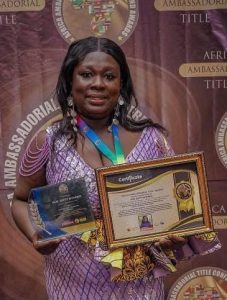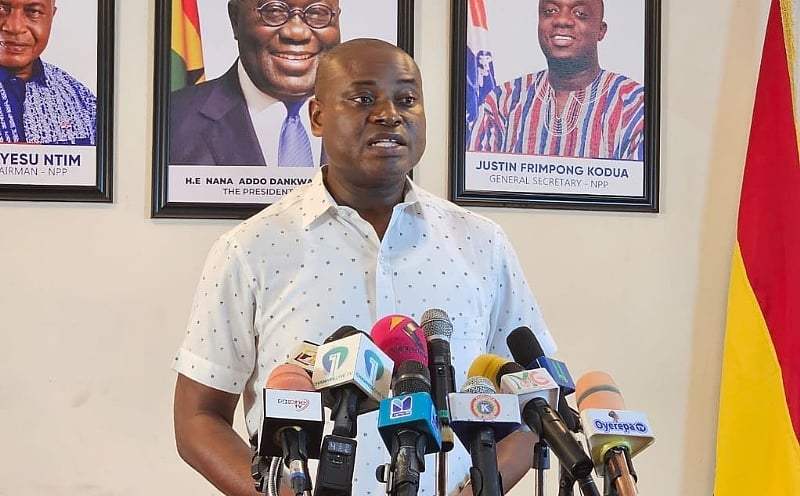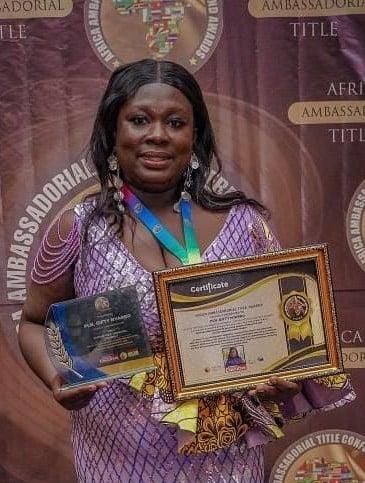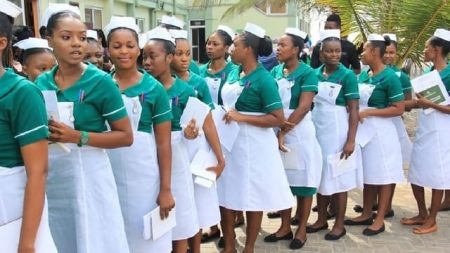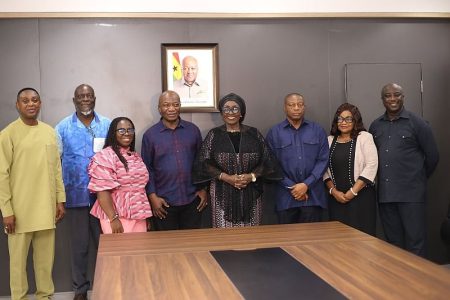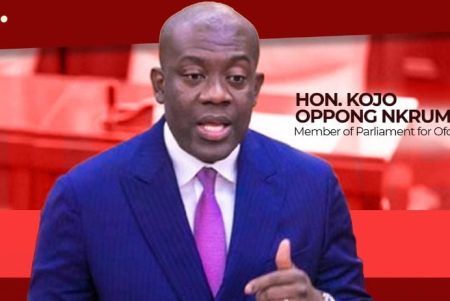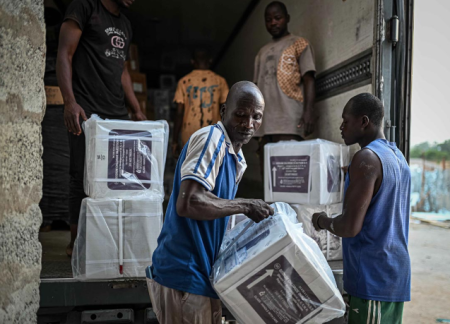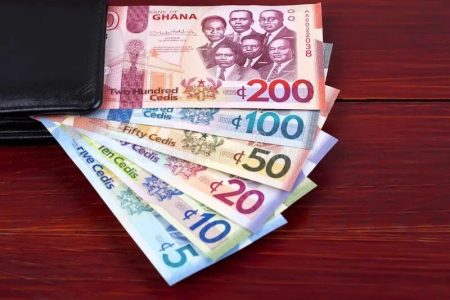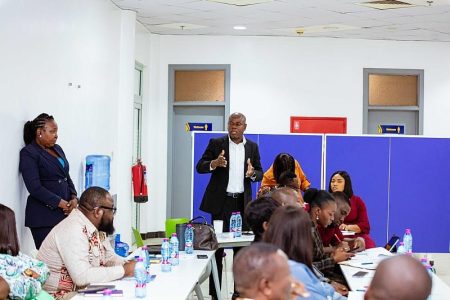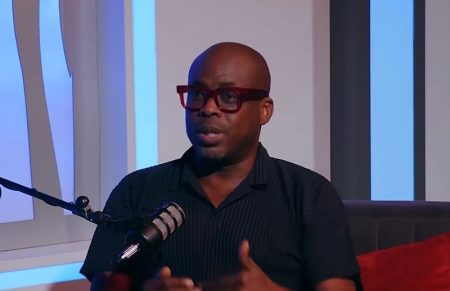The New Patriotic Party (NPP) in Ghana recently held an Extraordinary National Delegates Conference to address internal reforms and constitutional amendments following their electoral defeat in the 2024 elections. One of the key amendments adopted during the conference was the decision to elect the party’s National Communications Director, a position currently held by Richard Ahiagbah, rather than appointing one as has been the practice. This decision has sparked debate within the party, with Ahiagbah himself publicly expressing his disagreement with the change. He argues that the role of Communications Director demands a specific skill set and expertise in communication strategies, and therefore should not be subject to the vagaries of internal party politics. He believes that electing someone to this position could prioritize political considerations over the essential qualifications and experience necessary for effective communication. He emphasizes the need for a technically proficient individual to manage the party’s communication efforts, suggesting that an election process might not always yield the best candidate for such a specialized role.
Ahiagbah’s concern highlights a broader tension within political parties between democratic processes and the need for specialized expertise in certain positions. While elections ensure representation and internal party democracy, they don’t necessarily guarantee that the most qualified individual will be selected for a role requiring specific technical skills. This tension is particularly relevant in the realm of political communication, which is becoming increasingly complex and sophisticated. The role of a Communications Director now encompasses not just traditional media engagement but also social media management, data analytics, and strategic communication planning. These responsibilities necessitate a deep understanding of communication principles and practices, which may not be fully assessed through an electoral process. Ahiagbah’s argument, therefore, centers on the need to prioritize expertise and qualifications over political considerations in selecting the individual responsible for shaping and disseminating the party’s message.
The recent NPP conference also generated controversy surrounding the perceived preferential treatment given to former Vice President Dr. Mahamudu Bawumia. Some party members alleged that the leadership orchestrated cheers for Dr. Bawumia to bolster his image as a potential flagbearer for the next election. This accusation reflects the underlying competition and maneuvering within the party as it navigates the post-election landscape and looks towards future leadership. Ahiagbah, however, refuted these claims, explaining that Dr. Bawumia’s prominent position at the conference, including his access to the inner perimeter of the venue, was solely based on his seniority within the party hierarchy. He emphasized that Dr. Bawumia ranks immediately after former Presidents Kufuor and Akufo-Addo, both of whom were absent from the conference, and thus was accorded the respect due to his position. This explanation attempts to address the concerns of perceived favoritism, framing Dr. Bawumia’s treatment as a matter of protocol rather than deliberate promotion.
The controversy surrounding Dr. Bawumia’s presence at the conference underscores the heightened sensitivities within the NPP following their electoral defeat. The competition for future leadership positions is intensifying, and any action that could be interpreted as promoting one candidate over others is likely to draw scrutiny. The party is in a period of introspection and rebuilding, grappling with the reasons for their loss and attempting to strategize for the future. In this context, even seemingly minor details like seating arrangements and access protocols can become politically charged, reflecting the broader undercurrents of competition and positioning within the party. The episode highlights the delicate balance that political parties must strike between acknowledging the ambitions of individual members and maintaining a semblance of unity and cohesion.
The NPP’s decision to amend its constitution and elect its Communications Director reflects a broader trend within political parties towards greater internal democracy. However, this move also raises questions about the best way to balance democratic principles with the need for specialized expertise in certain roles. Ahiagbah’s dissent highlights the potential tension between these two considerations. While he acknowledges the importance of internal party democracy, he argues that the unique demands of the Communications Director role warrant a different approach, one that prioritizes expertise and experience. This debate is likely to continue within the NPP as it navigates the challenges of rebuilding after an electoral defeat and prepares for future elections.
In essence, the NPP conference served as a microcosm of the challenges and opportunities facing the party as it enters a period of transition and renewal. The debate over electing the Communications Director, the controversy surrounding Dr. Bawumia’s presence, and the broader discussions about constitutional reforms all reflect the internal dynamics at play within the party. The NPP’s ability to navigate these complexities and emerge stronger will be crucial for its future success. The interplay between internal democracy, specialized expertise, and the ambitions of individual members will continue to shape the party’s trajectory in the months and years ahead. The conference provided a glimpse into these internal dynamics, offering valuable insights into the current state of the NPP and its preparations for future political contests.



